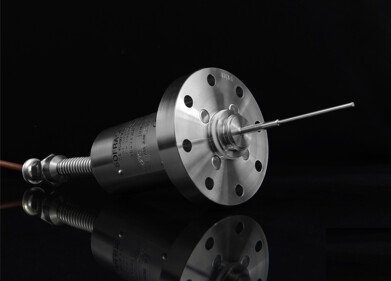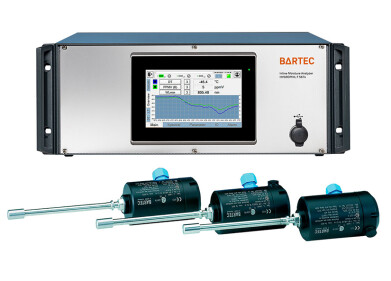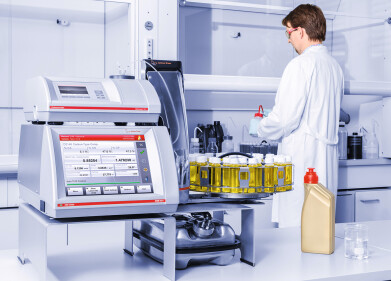Measurement and Testing
Can You Use Biofuel in Your Diesel Car?
Aug 02 2017
In the wake of London’s controversial new diesel tax, pollution heavy vehicles are now more taboo than ever. Of course, diesel drivers aren’t too happy about the new anti-diesel wave. But according to a team of German scientists, there could be a solution. Rather than phase out existing diesel cars they’re claiming that biofuel could be adapted to work in regular diesel engines. The team maintains that new refining techniques could help broaden the use of renewable fuels and fast-track the advent of biodiesel.
Plant powered biodiesel
Made from organic plant material, the German engineered biodiesel could emerge as an eco-friendly alternative to the fossil fuel derived diesels and petrodiesels that are currently used to power cars. European Union (EU) laws already require commercial diesel to contain at least 7% biodiesel, so this is simply taking the concept a step further.
A molecular imbalance
Of course, it does come with its challenges. The molecular makeup of biofuels mean that they boil at different temperatures to petrodiesel which limits their use. Currently, only specially designed engines are capable of running on pure biodiesel or heavy blends.
But now, the team has pioneered a way to transform plant derived chemicals into a biodiesel that’s compatible with existing engines. The scientists also maintain that the fuel meets the boiling characteristics required by the EN 590 standard, which dictate the quality of commercial diesel sold in the EU.
Lukas Gooßen, a professor of organic chemistry at the Ruhr-Universität Bochum led the study and explains that the biofuel revolution needs to draw on both new and existing technology.
“If you're going to use biofuel, you need existing infrastructure you can tap into,” he muses. “Anything else will be unaffordable to most countries and societies. This has to be the starting point.”
Rapeseed hits the road
The study was published in the journal Science Advances, with the team explaining how they used a trio of catalysts to blend rapeseed oil methyl ester (RME) with ethylene to create a biofuel with the same boiling profile as petrodiesel. While the fuel is still a long way from commercialisation and costs a huge $1,125 per quart to produce, it could eventually emerge as a viable alternative to diesel.
In the same way that boiling points play a crucial role in developing on-road fuels, freezing points are a major concern for the aviation industry. For a closer look at how the Environmental Protection Agency is working to minimise lead emissions without compromising on performance or safety, ‘Freezing Point Determination of Avgas and Jet Fuel’ spotlights the role of the innovative two-detector OptiFZP system.
Digital Edition
PIN 25.1 Feb/March
March 2024
In This Edition Safety - The technology behind the ION Science Tiger XT - Safety with ammonia and LOHCs as hydrogen carriers Analytical Instrumentation - Discussion on new tribology te...
View all digital editions
Events
Apr 28 2024 Montreal, Quebec, Canada
Apr 30 2024 Birmingham, UK
May 03 2024 Seoul, South Korea
May 05 2024 Seville, Spain
May 06 2024 Riyadh, Saudi Arabia


















